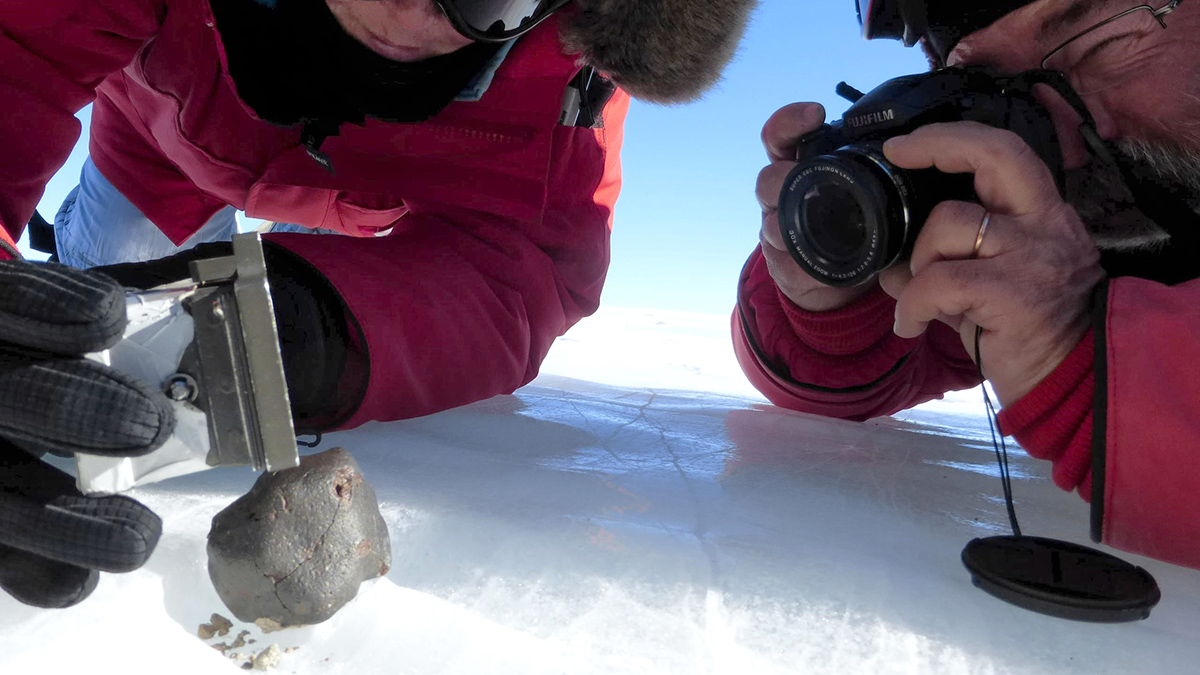A marine biologist is studying coral reefs and making ocean sciences more tenable for young explorers.
Nathaniel Scharping
Four-Billion-Year-Old Zircons May Contain Our Earliest Evidence of Fresh Water
Australian crystals hint at fresh water, as well as land rising above Earth’s Hadean ocean.
Tracing Millions of Years of Geologic Stress in the Andean Plateau
Paleostress modeling shows how a region of the Andean Plateau was uplifted and formed beginning more than 20 million years ago.
Studying the Mystery of Uranus’s Curiously Weak Radiation Belts
The belts may not be weak at all—instead, they may be simply changing speed thanks to the planet’s asymmetric magnetic field.
Radioactive Isotopes Trace Hidden Arctic Currents
Tracing anthropogenic radionuclides shows researchers how water from the Atlantic flows into and mingles with Arctic currents.
Agricultural Lands Are Losing Topsoil—Here’s How Bad It Could Get
A new study says topsoil erosion is likely to increase under climate change, though policy changes now could help stem the loss.
Seals Help Scientists Make Discoveries in Antarctica’s Bellingshausen Sea
By analyzing hydrographic information gathered by seals and an undersea glider, researchers found new meltwater currents, as well as a new seafloor trough.
Tsunami Sands Help Scientists Assess Cascadia Earthquake Models
With evidence from new sediment cores, researchers tested the performance of various models of the 1700 CE megathrust earthquake.
Antarctic Meteorites Are Going, Going, May Soon Be Gone
If warming ice gobbles up meteorites, science may lose a cheap source of space rocks.










